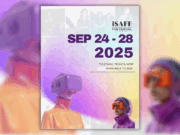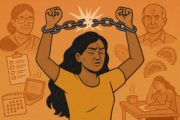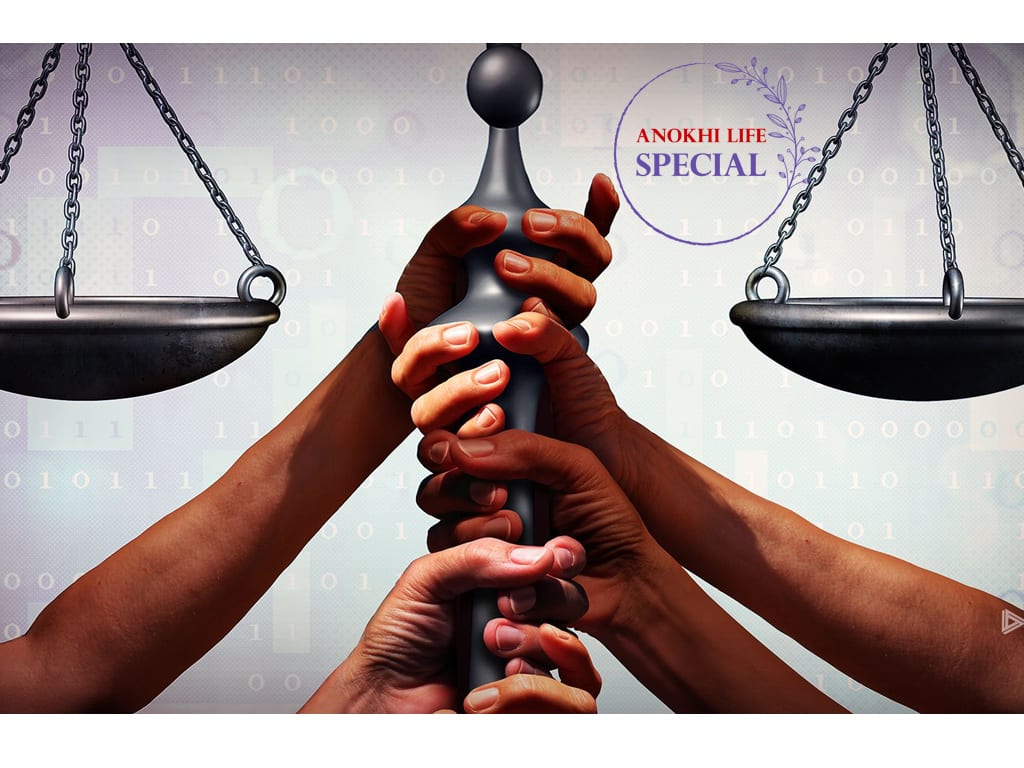
World Day Of Social Justice: How Nepal & Pakistan Are Fighting For Their People’s Future
Lifestyle Feb 20, 2020
In the spirit of World Day of Social Justice, we take a closer look at the two poorest countries in South Asia: Pakistan & Nepal and the programs their governments are working on to help their citizens lift themselves up for a more prosperous future.
What is World Day Of Social Justice?
If you thought today was your average TGIT (Thank God It’s Thursday), you’re wrong.
Today is not just February 20th, no, it is so much more than that: it’s World Day of Social Justice, a yearly observance since 2007.
It was in 2007 when the United Nations General Assembly determined that “social development and social justice,” along with “respect for all human rights and fundamental freedoms” are crucial to develop and sustain harmony and safety between and in countries. What’s more, the United Nations notes that in order to increase the efforts of globalization and further develop the global economy, it’s important that nations seek to decrease the present socio-economic barriers for developing countries so that they can participate as well.
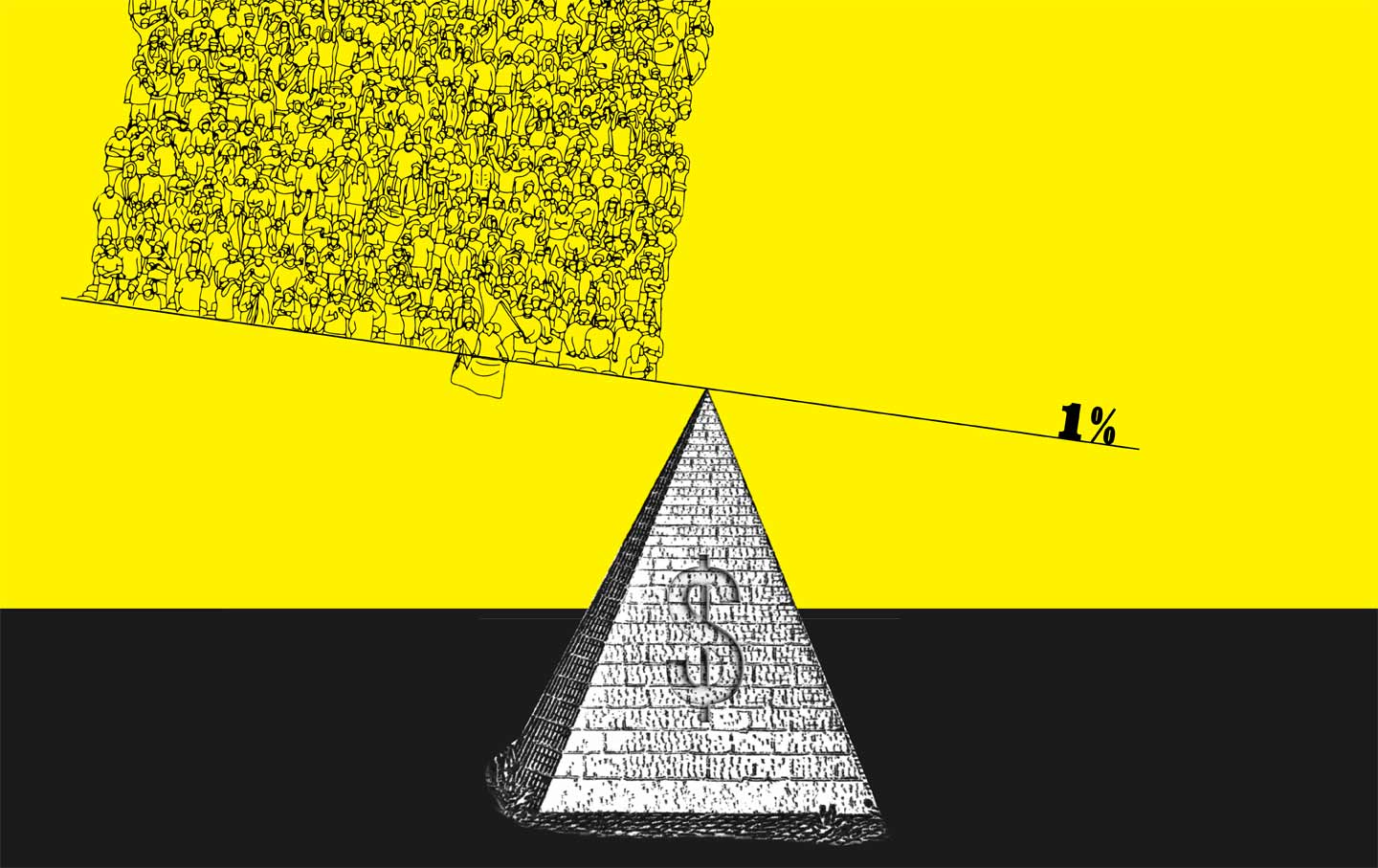
This year, the theme of World Day Of Social Justice as selected by the United Nations is “Closing the Inequalities Gap to Achieve Social Justice.”
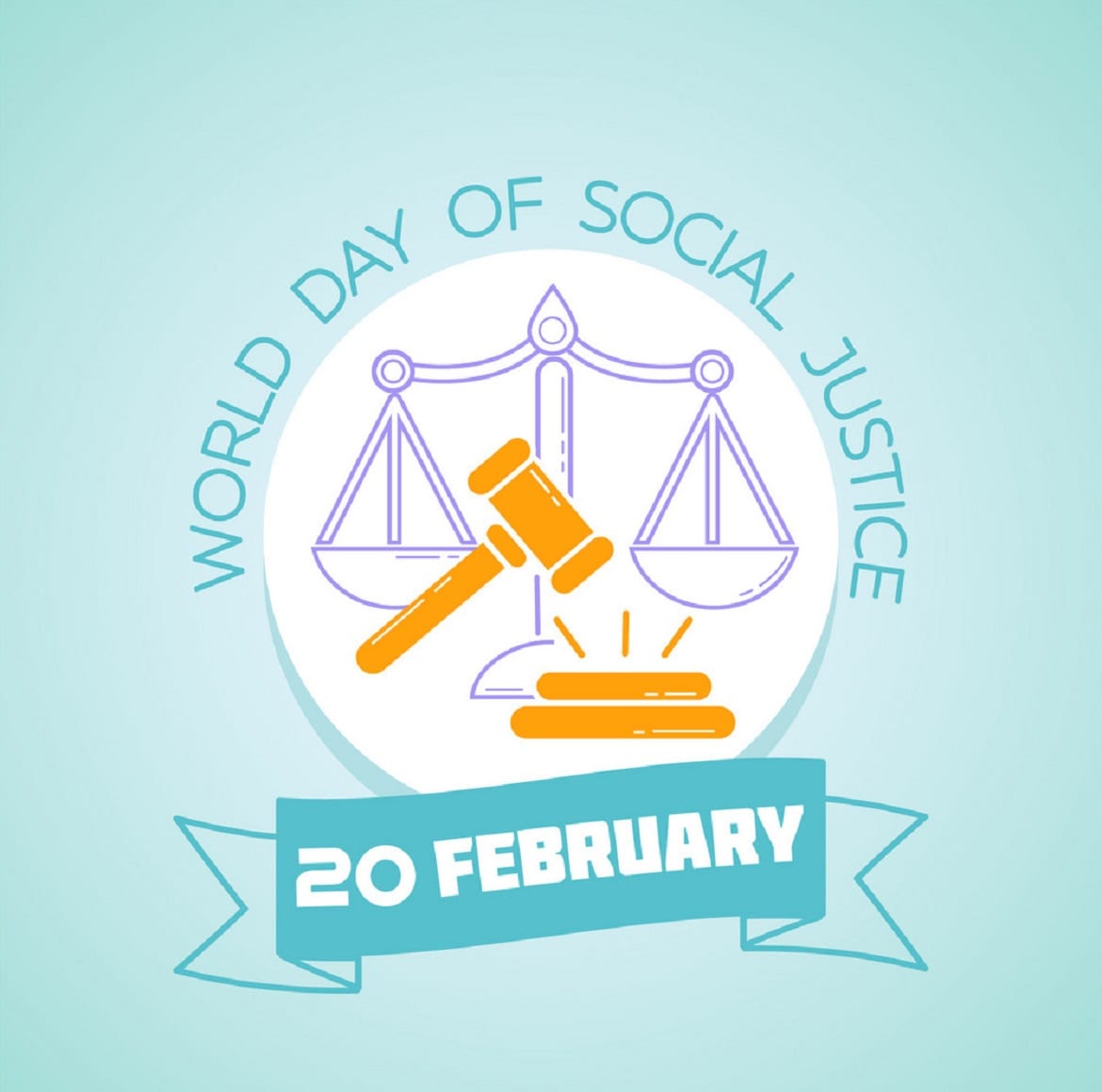
The focus of the day is to highlight, educate, and implement ways to bring about social justice, such as by breaking down social limitations like “gender, age, race, ethnicity, religion, culture or disability,” as explained by the UN.
Removing these social barriers is imperative in helping to eliminate (or, at least) close the socio-economic gap that individuals face, due to their social statuses, such as poverty, a lack of fair work opportunities, gender inequality, “and access to social well-being and justice for all,” according to WFOT.
Since 2007, many nations and groups alike have risen to the occasion to try to implement programs and documents to create a more socially just tomorrow. For example, The International Labour Organization implemented the “Declaration on Social Justice for a Fair Globalization” on June 10, 2008, which seeks to outlines how to accomplish social justice in a globalized and interdependent economy.
But, what about in South Asia? What’s being done in Nepal and Pakistan, the two poorest countries in all of South Asia, to restore the balance by closing the inequalities gap to achieve social justice?
Let’s find out!
Nepal’s Efforts:
With a population of approximately 29 million, according to the World Population Review, a quarter of those individuals are living in poverty highlights the Borgen Project.
There are a number of issues that hinder Nepal’s progress, such as natural disasters, limited job opportunities, a lack of agricultural resources, which drives up the cost of food, thereby making it less accessible, and there is little access to education and healthcare in disadvantaged areas, according to the Borgen Project.
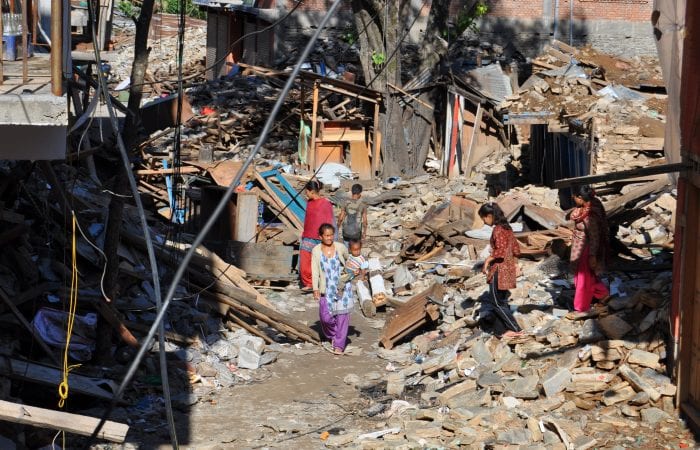
As such, the UNDP has been working in Nepal to help eradicate poverty through a number of initiatives. For example, the Support to Knowledge and Lifelong Learning Skills (SKILLS) program was implemented to review technical and vocational training programs to ensure that they were being delivered efficiently and inclusively. There is also the Community Infrastructure and Livelihood Recovery Program, which works with governing bodies to assist with rebuilding communities that have been impacted by natural disasters. Both of these programs help to generate work for both men and women.
To date, the United Nations Development Programme (UNDP) has helped to establish over 190,000 employment opportunities for the people of Nepal, which is key in ensuring that they have the money to access the basic resources that they need, such as food, clean water, and healthcare. As well, these efforts are helping to (slowly) reduce the poverty gap, and in turn, the social injustice the Nepalese people face.
Pakistan’s Efforts:
According to the Express Tribune, between June 2018 and June 2020, Pakistan is likely to see a 26% increase of impoverished persons within the country, which represents approximately 40% of the population or 87 million people.

To eradicate social injustices in Pakistan, the government, led by current Prime Minister Imran Khan, laid out a hopeful strategy in 2019 to help tackle poverty. In fact, the government will be investing approximately “80 billion rupees — more than half a billion dollars — for an anti-poverty plan known as “Ehsas,” or Empathy, and raise it to 120 billion rupees by 2021,” reports The New York Times.
These funds will go towards safeguarding the rights of individuals in Pakistan, by way of a constitutional amendment that will be introduced (although it Parliament will still need to give the green light) that will see to it that things like access to “food, housing, education, and health care [become] a fundamental right,” notes The New York Times.
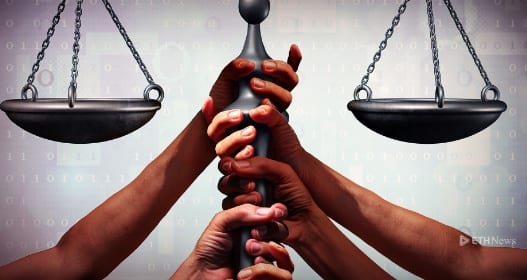
For instance, the government will seek to help marginalized groups, like women, by providing half of them with scholarships to further their academic endeavours. As well, Khan’s government will work to ensure that gender equality hot topics, like fair pay for women, is realized. These efforts will help to better the socio-economic status of women in the country, as education will improve a woman’s ability to get a better job, while fair pay will ensure a woman is able to be compensated accordingly for the work they do.
Meanwhile, following the World Day of Social Justice, Pakistan will launch the latest phase of their anti-poverty plan, the Ehsaas Amdan (Income) Programme, on February 21, 2020. According to The News, the government is providing ‘assets’ such as “livestock (goats, cows, buffaloes and poultry), agricultural inputs, [a] body of Chingchi rickshaws, and inputs for small retail outlets and small enterprises” to individuals in 23 of the most impoverished districts. These districts were as identified by the Poverty Score Card survey that was wrapped up last year to identify where the most disadvantaged individuals in the country resided.
These measures will be crucial in combatting social injustice in the country, as it will ensure that individuals have a way to provide for themselves.
So, What Does This All Mean?
Social injustice happens for a number of reasons, some of which are the result of stereotypes related to gender, culture, and religion. Upending those entrenched ways of thinking, such as through education, will be pivotal in creating impactful policies that create inclusive environments for people of all kinds to actively participate in their communities and better their circumstances. That said, while both Pakistan and Nepal are making efforts to close the inequalities gap and combat socio-economic injustices, as the two are strongly related, there is still a long way to go.
Main Image Photo Credit: www.vectorstock.com
Devika Goberdhan | Fashion Editor
Author
Devika (@goberdhan.devika) is an MA graduate who specialized in Political Science at York University. Her passion and research throughout her graduate studies pushed her to learn about and unpack hot button issues. Thus, since starting at ANOKHI in 2016, she has written extensively about many challe...




